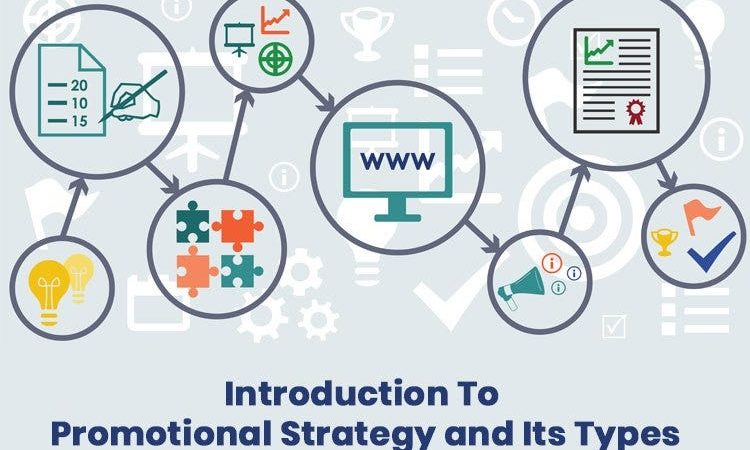Loyal Lending Scam
In the vast landscape of financial transactions, trust is the currency that binds borrowers and lenders. However, this delicate balance is often disrupted by unscrupulous entities seeking to exploit the vulnerabilities of individuals in need of financial assistance. One such scheme that has emerged on the darker fringes of the lending industry is the Loyal Lending scam. In this article, we will delve into the intricacies of this fraudulent operation, uncovering the tactics used by scammers and shedding light on the consequences faced by unsuspecting victims.
The Genesis of Loyal Lending:
Loyal Lending, on the surface, presents itself as a legitimate lending institution, promising quick and hassle-free loans to individuals with varying credit histories. The allure of easy money, often coupled with minimal documentation requirements, attracts borrowers who find themselves in urgent need of funds. The scammers behind Loyal Lending exploit this desperation, weaving a web of deceit that ensnares unsuspecting victims.
Tactics Employed by Loyal Lending Scammers:
- Too Good to Be True Offers: The hallmark of the Loyal Lending scam is its offers that seem too good to be true. The scammers lure individuals with promises of low-interest rates, high loan amounts, and swift approval processes. Desperate borrowers, blinded by the prospect of immediate financial relief, often overlook the red flags associated with such extravagant offers.
- Minimal Documentation Requirements: In an attempt to streamline the scam and make it more appealing, Loyal Lending scammers claim to have minimal documentation requirements. They often ask for basic information, such as proof of identity and income, creating an illusion of simplicity. This tactic is designed to expedite the victim’s commitment to the scam without raising suspicions.
- Upfront Fees and Hidden Charges: Once a victim expresses interest in the loan, the scammers swiftly introduce upfront fees and hidden charges. They claim these fees are necessary for processing, insurance, or other seemingly legitimate reasons. Victims, already invested in the process, are more likely to succumb to these demands, unaware that they are being further deceived.
- Pressure Tactics: To ensure that victims do not back out, Loyal Lending scammers employ aggressive pressure tactics. They create a sense of urgency, insisting that the offer is time-sensitive and that the victim must act quickly to secure the loan. This psychological manipulation leaves individuals with little time to research or contemplate the legitimacy of the operation.
Consequences Faced by Victims:
- Financial Loss: The most immediate consequence of falling victim to the Loyal Lending scam is financial loss. Victims often pay substantial upfront fees and charges, only to realize that the promised loan never materializes. The scammers vanish with the ill-gotten funds, leaving victims in a precarious financial situation.
- Identity Theft: In some cases, Loyal Lending scammers go beyond mere financial deception and engage in identity theft. The information provided by victims during the application process becomes a valuable commodity for these criminals, leading to potential long-term consequences for the individuals involved.
- Credit Score Damage: As victims may have shared sensitive financial information during the scam, their credit scores may be adversely affected. This damage can have lasting repercussions, making it difficult for individuals to secure legitimate loans or financial services in the future.
- Emotional Toll: Beyond the tangible losses, victims of the Loyal Lending scam often experience a significant emotional toll. The betrayal of trust and the realization that they have been manipulated can lead to stress, anxiety, and a loss of faith in financial institutions.
Conclusion:
The Loyal Lending scam serves as a stark reminder of the need for vigilance and due diligence in financial transactions. As technology evolves, so do the tactics employed by scammers, requiring individuals to be increasingly discerning in their interactions with online lending platforms. Authorities and financial institutions must also collaborate to raise awareness about such scams, implement stringent regulations, and prosecute those responsible. In a world where trust is paramount, it is crucial to remain vigilant and informed to protect oneself from the ever-evolving landscape of financial fraud.





